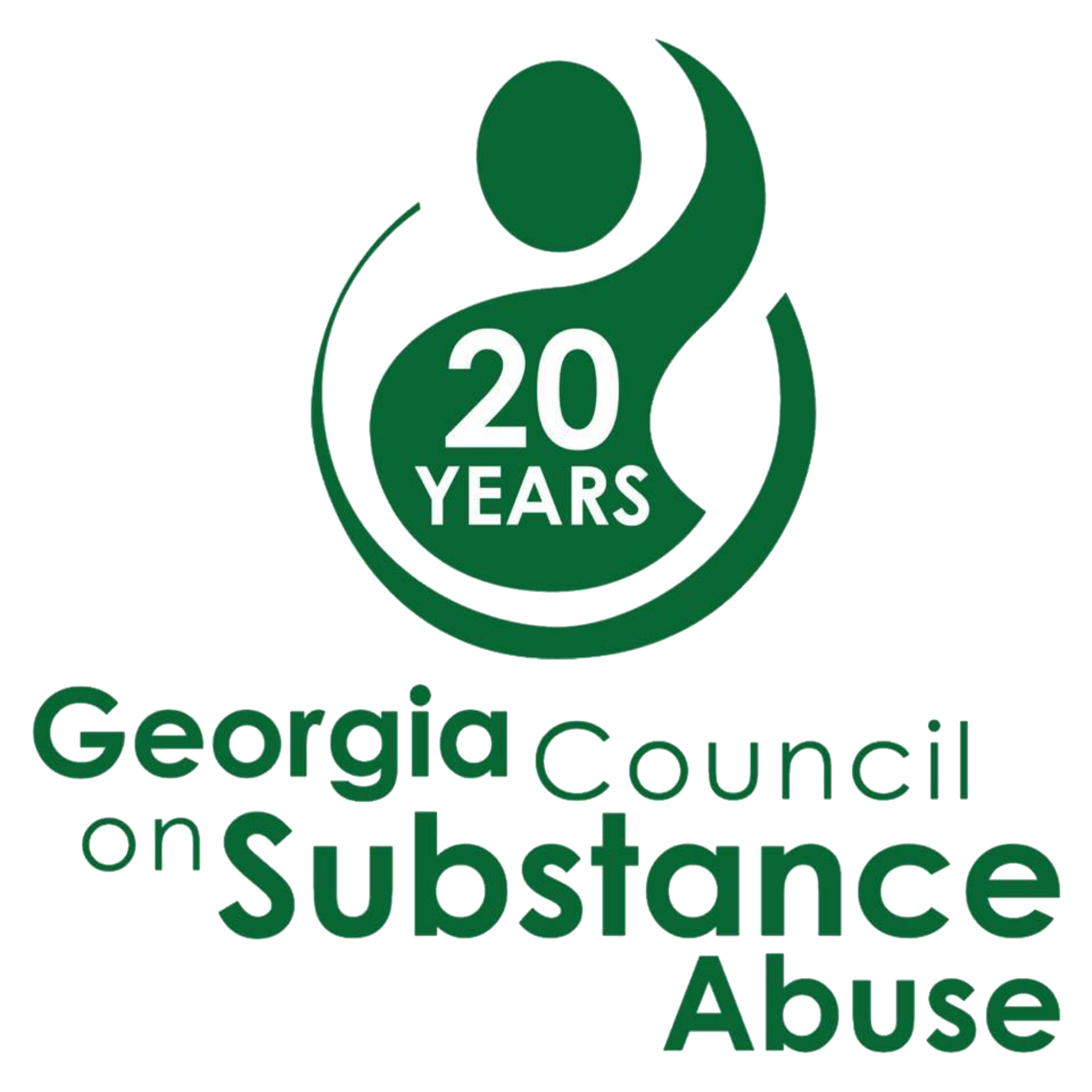Neonatal Intensive Care Unit
Connecting parents with infants in neonatal intensive care units to peer support services. Substance-using parents often do not access, engage in, and complete treatment or participate in recovery support services. Research indicates that parental substance use and prenatal drug use in general is associated with a higher potential of child maltreatment and Department of Family and Children Services (DFCS) involvement. Neonatal abstinence syndrome (NAS) primarily occurs when a pregnant woman takes drugs such as heroin, codeine, oxycodone, methadone or buprenorphine. The days and weeks following the birth of an infant with NAS are medically risky, and present a unique opportunity for engagement in wellness activities such as recovery supports or treatment services
CARES in the NICU:
- Engage with expecting mothers at Northeast Georgia Medical Center identifying as in need of peer support before giving birth
- Engage with parents and families who have an infant admitted to the NICU in order to develop a supportive relationship
- Support parents and families in the development of an appropriate, reliable, and safe support system
- Listen and be present to answer questions parents and families may have about recovery supports or treatment options
- Meet with family members or individuals who are involved with the parents
- Provide education on overdose prevention and the use of Naloxone
- Provide additional resources to parents and their family members
- Maintain contact after discharge for additional recovery support
Having a CARES available for people who survive opiate overdose makes sense on many levels – business, ethical, emotional and moral. Anticipated outcomes include:
- Decreased infant’s hospital stay.
- Reduce alcohol and other addiction related hospital visits overall on the part of the mother.
- Fewer babies leave in Dept. of Family and Children Services (DFCS) custody.
- Reduce opioid overdose risk for individuals through education.
- Parent participation in ongoing recovery supports in the community.
- Create awareness about positive benefits of long-term recovery through education aimed at the hope, healing and power of recovery for persons struggling with addiction, family members, hospital staff and volunteers.
- Infuse the hospital system with recovery values and culture.
- Build recovery capital in individuals, families and communities.
Providing peer support within hospital settings provides a unique opportunity to cultivate relationships among medical staff and individuals living in long term recovery. These relationships play a vital role in decreasing the stigma that prevents many individuals from seeking help before the negative impacts of an individual’s substance use disorder are realized. The benefits of individuals finding and maintaining recovery include less financial strain on the medical and justice systems; more individuals paying taxes; societal, community and family stability.
Providing peer support within hospital settings provides a unique opportunity to cultivate relationships among medical staff and individuals living in long term recovery. These relationships play a vital role in decreasing the stigma that prevents many individuals from seeking help before the negative impacts of an individual’s substance use disorder are realized. The benefits of individuals finding and maintaining recovery include less financial strain on the medical and justice systems; more individuals paying taxes; societal, community and family stability.
If you are a person in or seeking recovery, a friend, family member, or ally in need of support, please contact the CARES Warm Line. This is a free telephone or text peer support line. The CARES Warm Line is not affiliated with any treatment centers or outside agencies. We’re here to Listen! 1-844-326-5400

